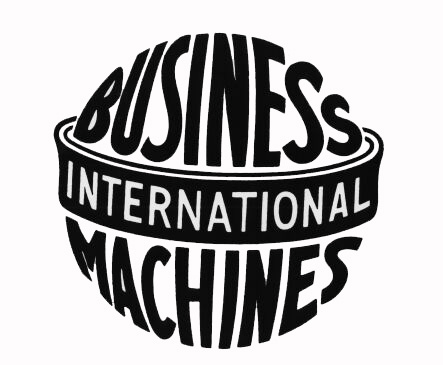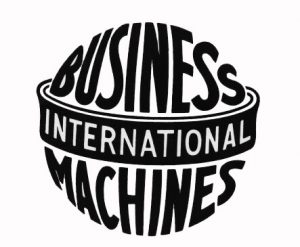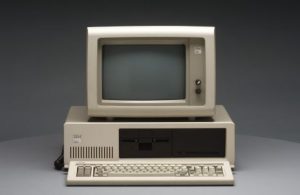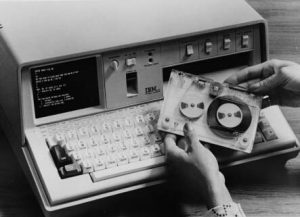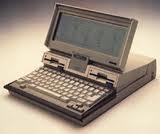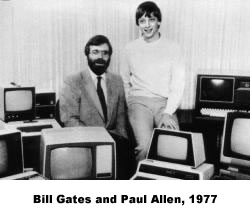Back on June 16, 1911, a group of technology companies merged and called themselves the Computing-Tabulating-Recording Company. Kind of catchy but later in 1924 they decided they needed something catchier and so renamed themselves International Business Machines which is now better known to the world as IBM.
IBM has dominated the technology sector for most of it’s 100 year history by having the uncanny ability to foresee where technology is heading and having the right product mix available to support the need. They also were smart enough to recognize a dieing technology or something well on it’s way to being a commodity and got out of that business before losing money.
Some examples of this would be getting out of the timeclock business, selling off their typewriter division to a little company called Lexmark ones they recognized the word processor was about to crush the once mighty typewriter, selling off their hard drive division to Hitachi even though they invented them, and one of the most surprising was selling of their PC division to Lenovo back in 2004 for a cool $1.8 billion. Considering how cheap and dirty the PC market has become, you can’t say it wasn’t a smart move on their part.
Some other inventions to their credit include the web server, the punch card, electric typewriters, mainframe computers, laser surgical procedures and nanotubes to name a few. Although other companies come to mind when the subject of innovation comes up, the fact remains that in 2010 alone, IBM had a total of 5896 new patents to their name which is the most of any company in the world including GE, Apple, Google or Sony.
That’s not to say they haven’t made a few mistakes along the way. Back in 1981, when they introduced their Personal Computer, they hired a little known company to create the operating system. Since IBM believed that the hardware was mightier than the software, they agreed to allow the small company to keep the rights to the software and allow them to license the operating system, or DOS, as they wished. This little company was Microsoft and that deal helped make Bill Gates one of the richest men in the world.
Years later IBM tried to jump back into the operating system market and challenge Microsoft with their own version of an operating system but needless to say, Windows prevailed and IBM stuck to what it does best.
